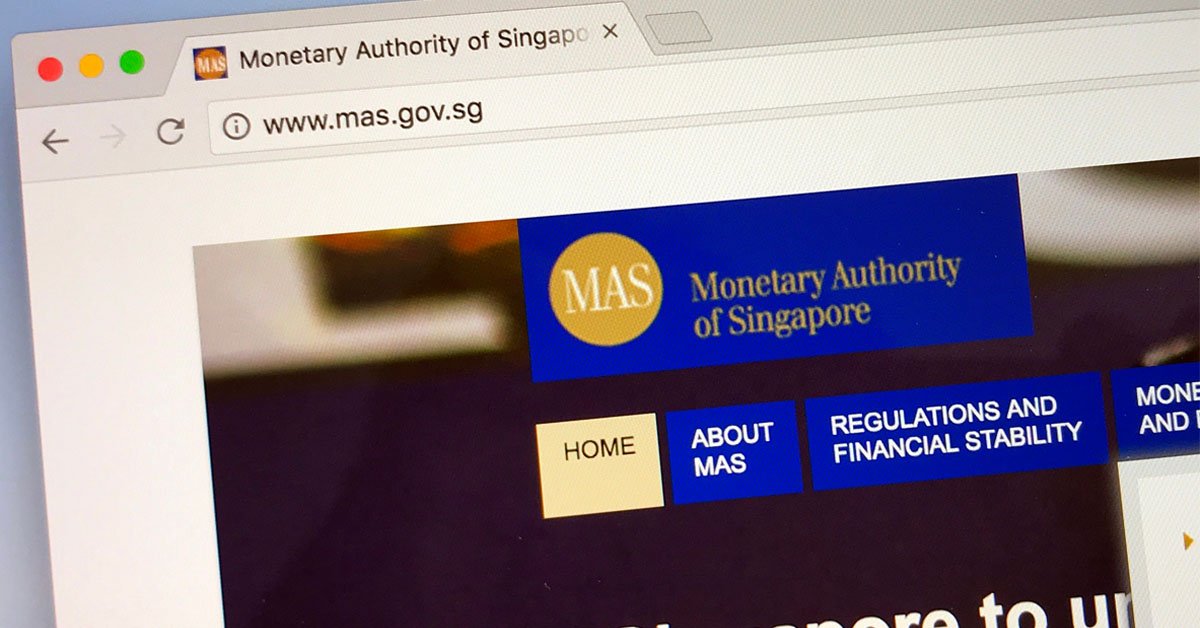On Friday (4 Feb), the Monetary Authority of Singapore (MAS) announced that OCBC’s recent goodwill pays to cover the full extent of the victim’s losses were a “one-off gesture by the bank in the circumstances”.
After all, banks are businesses, not a non-profit organisation or a charity, they don’t have that much free-flowing money to give out every time something like this happens.
Customers should not see the goodwill pay-outs as a precedent for future cases, because the banks are unlikely to fully compensate for their financial losses due to the phishing scams.
Last month, nearly 470 customers were scammed and the victims’ collectively lost approximately $8 million in total.
OCBC had only decided on compensating its customers because it has acknowledged that it has been negligent in terms of its customer service and responses.
The New Measures in Place
In order to prevent large-scale SMS phishing scams again, the local banks have been made to adopt new measures to strengthen the security of digital banking.
The new measures include and notwithstanding, are:
- No more clickable links in text messages or e-mails
- Fund transfer notifications regardless of how small the amount is
- A 12-hour delay before the activation of a new soft token on mobile device
- Immediate reminders concerning important account changes, with a cool-off period in between before the changes are actually made
- More frequent scam education alerts
- Building a better customer service team dedicated to scamming incidents
- Identity registrations of SMS senders to prevent future spoofing
- Heightening fraud surveillance mechanisms
- Increasing customer vigilance against scams
These changes are just the first phase, they won’t be the last.
The MAS is working with the banking and finance industry to come up with longer-term measures that will be implemented in the coming months.
Additionally, both parties are collaborating to develop a framework for equitable sharing of losses arising from scams.
Join our Telegram channel for more entertaining and informative articles at https://t.me/goodyfeedsg or download the Goody Feed app here: https://goodyfeed.com/app/
Sharing the Losses
In layman’s terms, MAS and the banks understand that preventing scams completely is impossible, but very much Singapore’s healthcare system that is supported by government subsidies, the Central Provident Fund (CPF), and the patients’ personal savings, they are coming up with solutions where the losses from the scams will be shared between the financial institutions and the victims.
“Under this framework, all parties have responsibilities to be vigilant and to take precautions against the scams,” MAS stated.
The banking regulators declared that financial institutions are obligated to protect their customers through comprehensive and strong controls and measures to safeguard the customers’ account and data, and have “effective measures to detect and respond to suspicious transactions”.
The customers aren’t spared either, for they bear the responsibility of taking the necessary precautions.
In retrospect, the precautionary measures that customers have to take are simple and should be ingrained like a habit:
- Never give out your personal or banking credentials to anyone
- Double-check the e-mail addresses and the numbers that the messages are coming from, just to be absolutely sure
- Do not click on any links in text messages and e-mails because banks will no longer send them
- Only conduct your transactions on the bank’s official website, mobile application, or at the locations itself
- If need be, change your passwords regularly and ensure that they are complex and hard to guess
Tentative Solutions Proposed by MAS
With regards to how the future losses will be covered, the MAS said that the proportion will be dependent on whether and how the parties involved have fallen short in terms of their responsibilities.
In order to ensure that the customers are constantly vigilant against the scams, MAS states that financial institutions should only have to bear an appropriate proportion of losses.
Which means to say, the local authorities still want the victims to feel some of the sting in their wallets to give them a lasting and memorable lesson on why they need to keep their guard up against scams.
A child only learns to fear fire after being burnt; the same logic applies here.
Moreover, MAS intends to create a framework for public consultation in the next three months.
The consultants, acting as the impartial third parties, will analyse the losses and reiterate the responsibilities of the involved parties in the digital banking ecosystem, whilst proportioning the extent of losses each party has to cover.
That’s a relief to hear, because you know that if the distribution of the burden of losses is all on the banks to decide, the customers will probably be at a disadvantage due to their lack of knowledge and their shortage of funds.
Plus, bank queues are already long enough as it is from the normal services that the banks already provide, we really don’t need them to be longer.
In an increasingly digitalised world, we must keep up our due vigilance!
Money doesn’t grow on trees or fall from skies, so don’t let those nasty scammers take away your hard-earned money please.
Read Also:
- CNB, SP & IRAS All Warn of Impersonation Scams in a Day
- Ah Girls Go Army Makes $1.15 Million in 3 Days & Could Be The Highest Grossing Movie of the Franchise
- GrabFood Rider Did Probably the Best Cai Shen Dao Music Video for S’poreans
Featured Image: Shutterstock / Jarretera
